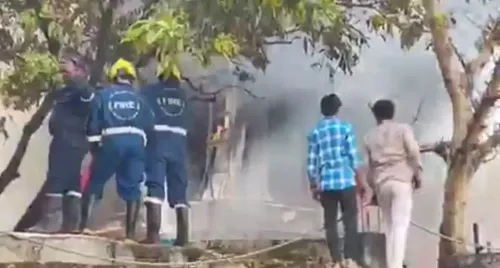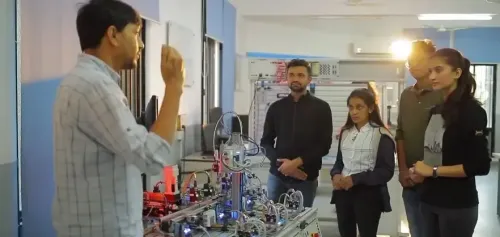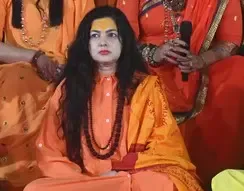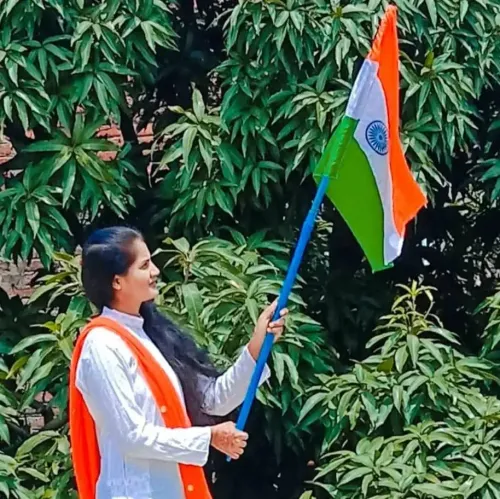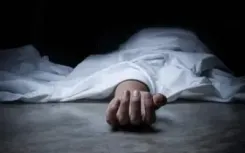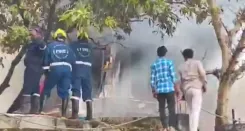Is Telangana Exploring Alternatives for 42% Backward Class Reservation?
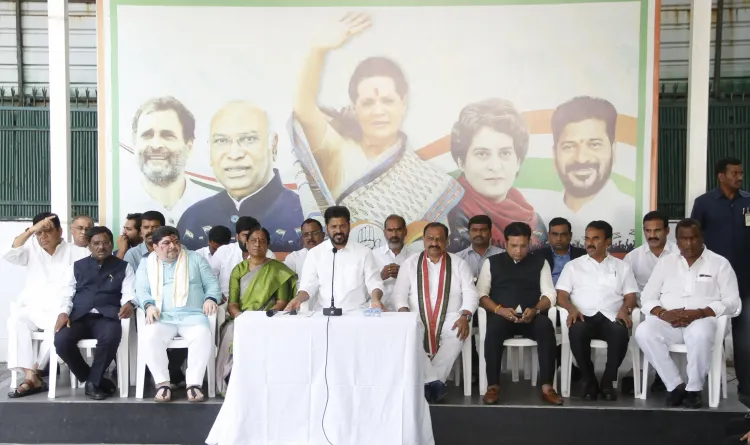
Synopsis
Key Takeaways
- Telangana government is striving for 42% reservation for BCs.
- Resistance from the central government poses challenges.
- Alternatives include legal amendments and ticket allocations.
- High Court mandates prompt elections.
- Political dynamics may shift depending on the outcome.
Hyderabad, Aug 7 (NationPress) As the BJP-led NDA government at the Centre shows reluctance to approve the Telangana Bills aimed at increasing reservation for Backward Classes (BCs) to 42 per cent, the ruling Congress party is actively seeking alternative strategies to enforce the quota for the forthcoming local body elections.
During a casual interaction with reporters in New Delhi, where he is campaigning alongside his Cabinet, party MPs, and state legislators for three days, Chief Minister A. Revanth Reddy made this announcement.
The Bills, which were passed in March, seek to elevate the reservation for BCs to 42 per cent in education, employment, and local governance. However, because this would push the overall reservation beyond the 50 per cent cap set by the Supreme Court, the Governor forwarded the Bills to the President for her approval.
A draft ordinance to amend the Telangana Panchayat Raj Act 2018 to enforce 42 per cent BC reservation in the impending local body elections is also pending the Centre’s approval.
The Chief Minister indicated that the state government might issue an order to revoke the previous government’s legislation that established a 50 per cent reservation cap in local bodies. However, this could be challenged in court, potentially leading to a stay on the Government Order.
“An alternative for the government could be to delay the local body elections. But postponing these elections would mean that the Panchayat Raj institutions would lose out on funding from the Centre, risking the collapse of governance in rural areas,” he explained.
Revanth Reddy outlined a third option: to allocate 42 per cent of the tickets in local body elections to BC candidates, which he believes would compel other parties to follow suit.
In June, the Telangana High Court mandated the state government to conduct the elections for local bodies within three months, instructing them to finalize the reservation by the end of July and facilitate elections for the gram panchayats by September.
The Chief Minister asserted that the elections would proceed in accordance with the court’s directive, expressing confidence that ten days would suffice for the completion of the local body elections.
“We have demonstrated the Congress party's commitment to 42 per cent reservations. Our sincerity cannot be called into question. Our struggle is directed against the Centre, and we have made our voices heard at Jantar Mantar,” he stated.
Revanth Reddy, who led a protest at Jantar Mantar demanding Presidential approval for the BC reservation Bills, affirmed that the fight would continue to exert pressure on the Centre.
The Chief Minister also expressed hope for an audience with President Droupadi Murmu later that evening, anticipating that she would make an independent decision.
He cautioned that if the President did not grant the appointment, they would have to conclude that Prime Minister Narendra Modi had exerted pressure on her.
He criticized Union Minister Kishan Reddy, suggesting he was discussing BC reservation matters without adequate understanding.
In response to Kishan Reddy's concerns regarding reservations for Muslims, the Chief Minister clarified that there is no sub-categorization in political reservations.
“There is no reservation for Muslims in local bodies. He became a Union Minister without even this basic knowledge,” he concluded.


